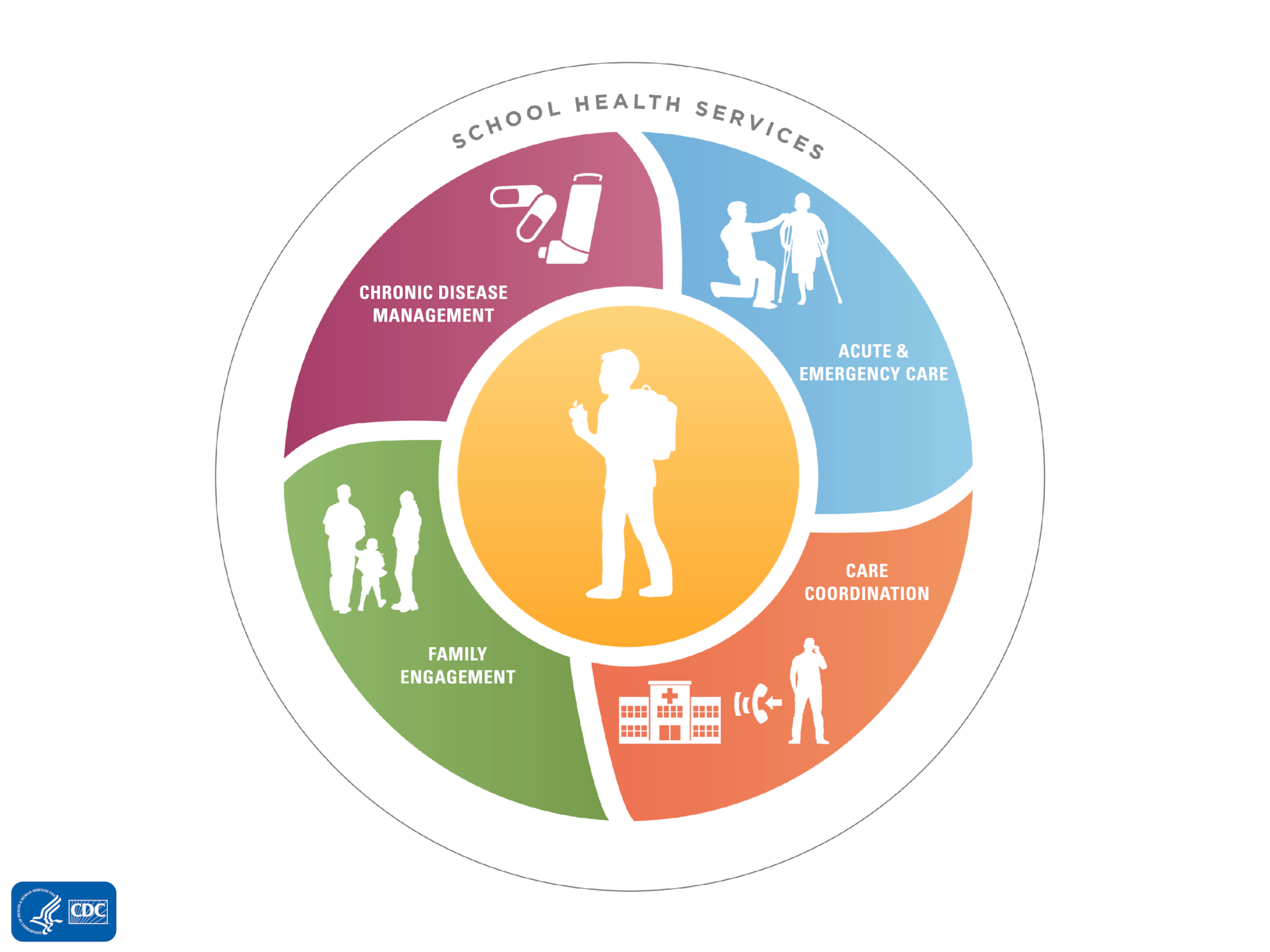
Fostering Well-being: School Health Education Essentials
In the realm of education, the significance of school health education cannot be overstated. It serves as a foundational element in nurturing the well-being of students, providing them with essential knowledge and skills that extend beyond the classroom. Let’s explore the key components that make school health education indispensable.
**1. Comprehensive Health Curriculum: A Holistic Approach
A robust school health education program adopts a comprehensive curriculum that goes beyond traditional subjects. It encompasses physical, mental, and emotional well-being, fostering a holistic understanding of health among students. Covering topics such as nutrition, physical activity, mental health, and hygiene ensures a well-rounded approach to student health.
**2. Nutritional Literacy: Nourishing Body and Mind
One pillar of school health education is nutritional literacy. Educating students about the importance of a balanced diet, the impact of food on their overall health, and the significance of making informed dietary choices empowers them to develop lifelong habits that support optimal well-being.
**3. Physical Activity Promotion: Instilling Healthy Habits
Physical activity is integral to maintaining good health. School health education emphasizes the importance of regular exercise and its positive impact on physical and mental well-being. Encouraging students to embrace an active lifestyle from a young age sets the foundation for a healthier future.
**4. Mental Health Awareness: Breaking Stigmas
In an era where mental health is a critical aspect of well-being, school health education plays a pivotal role in fostering mental health awareness. By providing information about common mental health issues, reducing stigma, and offering coping strategies, schools contribute to creating a supportive and empathetic environment.
**5. Hygiene Education: Building Healthy Habits
Basic hygiene practices are fundamental to preventing illness and promoting well-being. School health education instills essential hygiene habits, including proper handwashing, dental care, and personal grooming. By embedding these practices in students’ routines, schools contribute to a healthier and cleaner school community.
**6. Substance Abuse Prevention: Equipping Against Risks
Preventing substance abuse is a crucial aspect of school health education. Educating students about the risks associated with substance use, including drugs and alcohol, equips them with the knowledge to make informed decisions and resist peer pressure. Substance abuse prevention programs promote a safe and supportive school environment.
**7. Relationship and Sexuality Education: Informed Decision-Making
Addressing relationship and sexuality education within the school health curriculum is essential for empowering students to make informed decisions about their bodies and relationships. Providing accurate information, promoting respect, and discussing consent contribute to fostering healthy relationships and preventing issues related to sexual health.
**8. Health Literacy: Navigating Information
In an age of information overload, health literacy is a valuable skill. School health education equips students with the ability to navigate health information, critically evaluate sources, and make informed decisions about their well-being. Developing health literacy is essential for students to become active participants in their own health management.
**9. Peer Education Programs: Student-Driven Initiatives
Schools that incorporate peer education programs enhance the impact of health education. Empowering students to become peer educators allows them to share knowledge, support their peers, and create a culture of well-being within the student community. Peer-led initiatives can address issues relevant to students in a relatable manner.
**10. Community Engagement: Extending Well-being Beyond School Walls
School health education is most effective when it extends beyond the classroom into the community. Engaging parents, families, and local organizations in health initiatives creates a collaborative environment. By involving the community, schools contribute to a broader culture of health and well-being that supports students both in and outside of school.
For additional insights and resources on school health education, consider exploring the information available at School Health Education. This platform provides valuable resources and guidance for educators, students, and parents interested in fostering a culture of well-being within the school community. Through comprehensive school health education, we pave the way for students to lead healthier, more informed lives.

